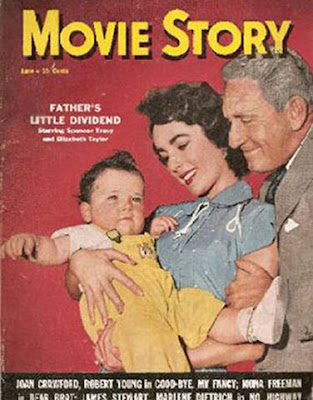I'm sure by now you can tell how much I love letters. Old letters, new letters, war letters, love letters, everyday letters. Letters that make me laugh; letters that make me cry; letters that poke me beneath the ribs with their honesty or cause me to shiver with their resonant truth.
Letters sometimes provide you with such profound insight into the depths of the human soul. The short letter below, written by a young man fighting in Vietnam to his aunt back home, captures some unspeakable beauty in his humble thoughts that struck a chord in my own heart.
Though not openly sharing my beliefs regarding heaven and eternity, something in this young soldier's sentiments causes me to nod my head in agreement every time and reminds me to strive every day to change the world, albeit in some small, humble way. I hope it touches your heart as much as it has touched mine.
I can't help it...it makes me cry every time.
* * * * * * * * * *
Marion Lee ("Sandy") Kempner, a former Peace Corps volunteer from Galveston, Texas, was sent to Vietnam in July 1966 to serve with the marines. Writing to his great-aunt Mrs. Louis "Fannie" Adoue on October 20, 1966, Kempner addresses the subject of immortality after a seemingly trivial incident.
Dear Aunt Fannie,
This morning, my platoon and I were finishing up a three-day patrol. Struggling over steep hills covered with hedgerows, trees, and generally impenetrable jungle, one of my men turned to me and pointed a hand, filled with cuts and scratches, at a rather distinguished-looking plant with soft red flowers waving gaily in the downpour (which had been going on ever since the patrol began) and said, "That is the first plant I have seen today which didn't have thorns on it." I immediately thought of you.
The plant, and the hill upon which it grew, was also representative of Vietnam. It is a country of thorns and cuts, of guns and marauding, of little hope and of great failure. Yet in the midst of it all, a beautiful thought, gesture, and even person can arise among it waving bravely at the death that pours down upon it. Some day this hill will be burned by napalm, and the red flower will crackle up and die among the thorns. So what was the use of it living and being a beauty among the beasts, if it must, in the end, die because of them, and with them? This is a question which is answered by Gertrude Stein's "A rose is a rose is a rose." You are what you are what you are. Whether you believe in God, fate, or the crumbling cookie, elements are so mixed in a being that make him what he is; his salvation from the thorns around him lies in the fact that he existed at all, in his very own personality. There once was a time when the Jewish idea of heaven and hell was the thoughts and opinions people had of you after you died. But what if the plant was on an isolated hill and was never seen by anyone? That is like the question of whether the falling tree makes a sound in the forest primeval when no one is there to hear it. It makes a sound, and the plant was beautiful and the thought was kind, and the person was humane, and distinguished and brave, not merely because other people recognized it as such, but because it is, and it is, and it is.
The flower will always live in the memory of a tired, wet Marine, and thus has achieved a sort of immortality. But even if we had never gone on that hill, it would still be a distinguished, soft, red, thornless flower growing among the cutting, scratching plants, and that in itself is its own reward.
Love,
Sandy
Less than three weeks after writing this letter, Sandy Kempner was disarming a mine near Tien Phu when one of his men accidentally tripped another mine. Kempner, though seriously injured by the explosion, ordered that the other wounded man be treated first. Kempner was finally placed in a medevac to be taken to the hospital, but he died en route. He was twenty-four years old.
~excerpt from Letters of a Nation
By Andrew Carroll






.jpg)





_04%5B1%5D.jpg)
_01%5B1%5D.jpg)

_NRFPT_07%5B1%5D.jpg)
_NRFPT_03%5B1%5D.jpg)
_NRFPT_01%5B1%5D.jpg)
_02%5B1%5D.jpg)
.jpg)














_01%5B1%5D.jpg)














_01.jpg)




